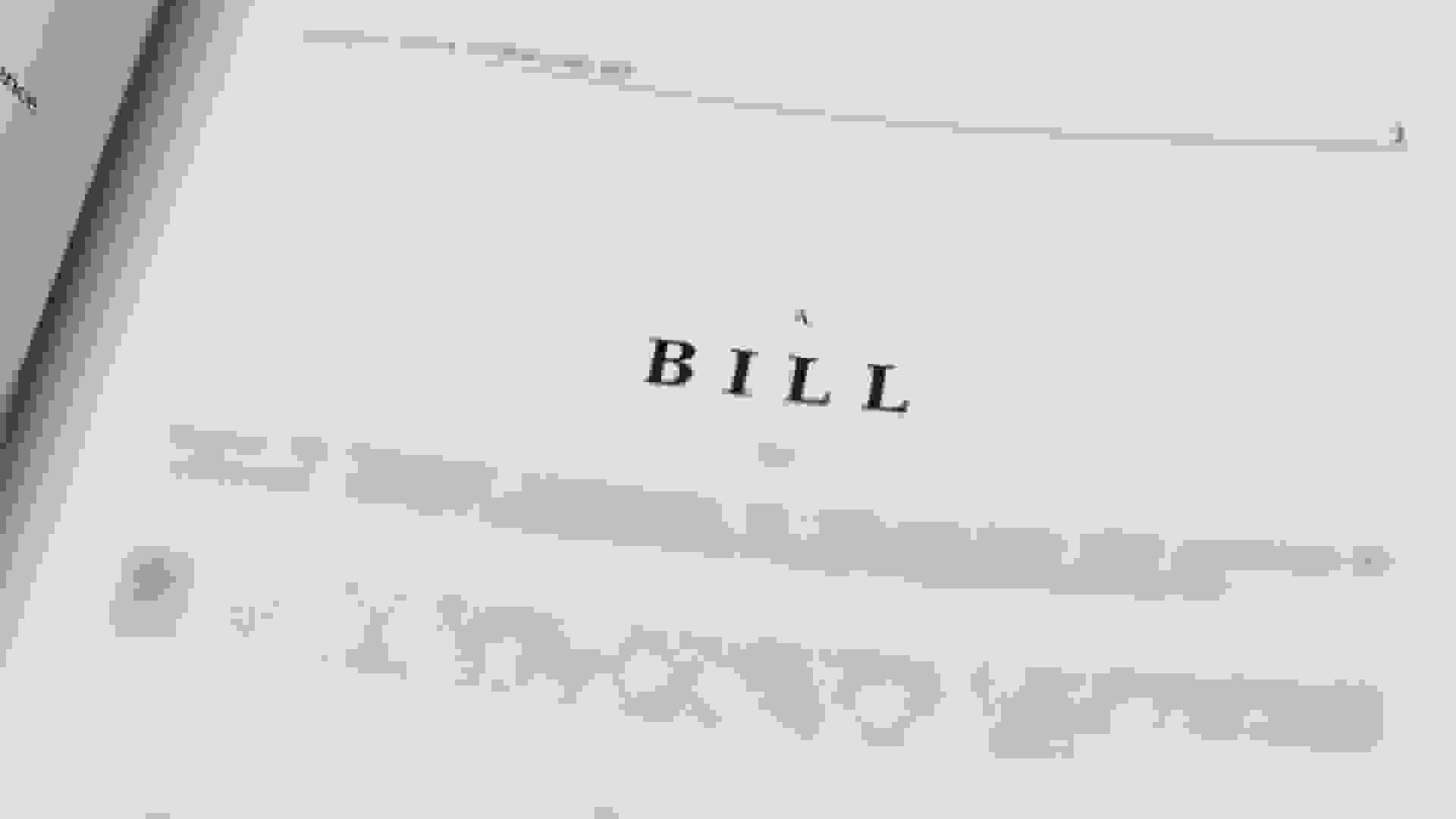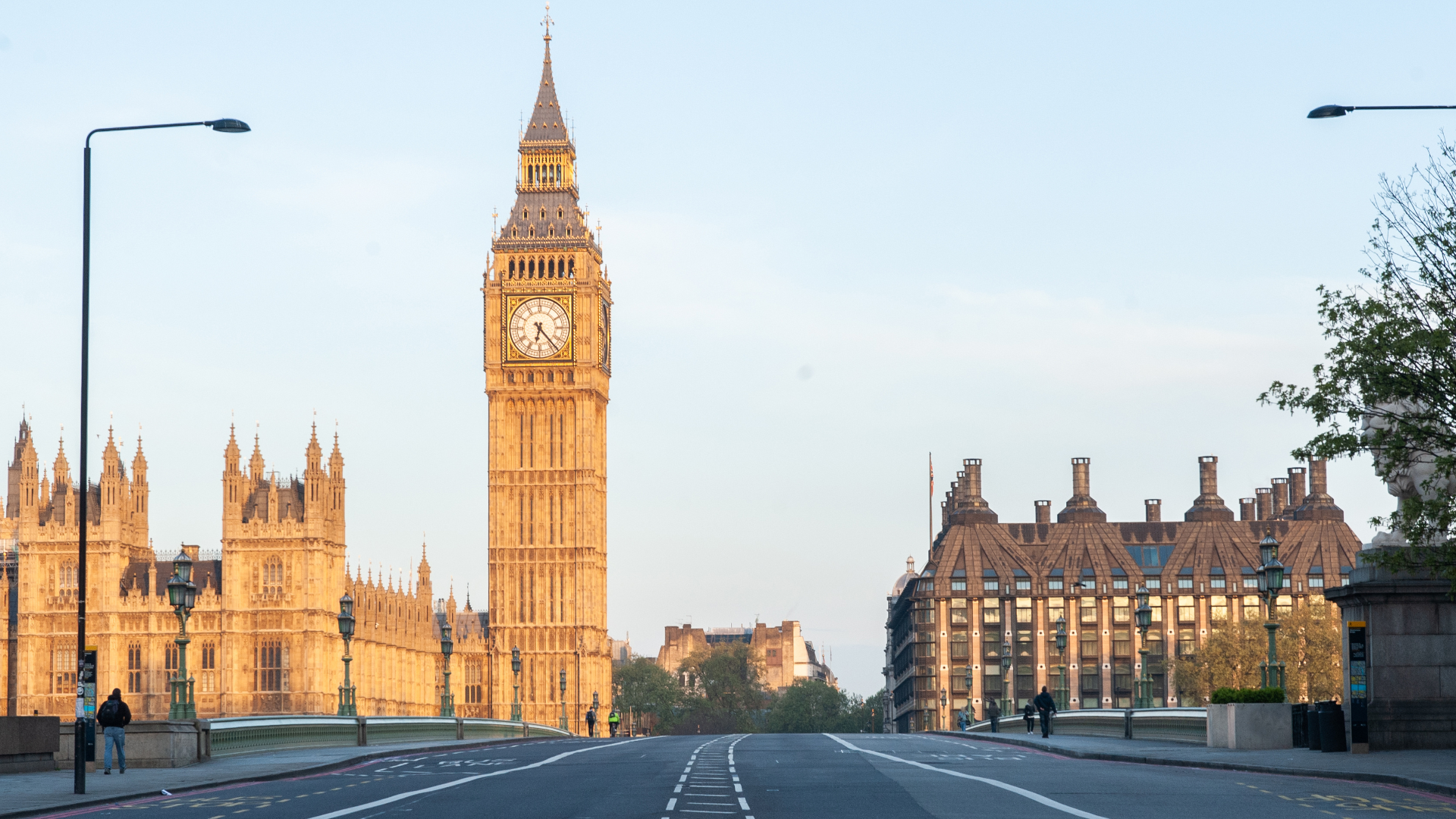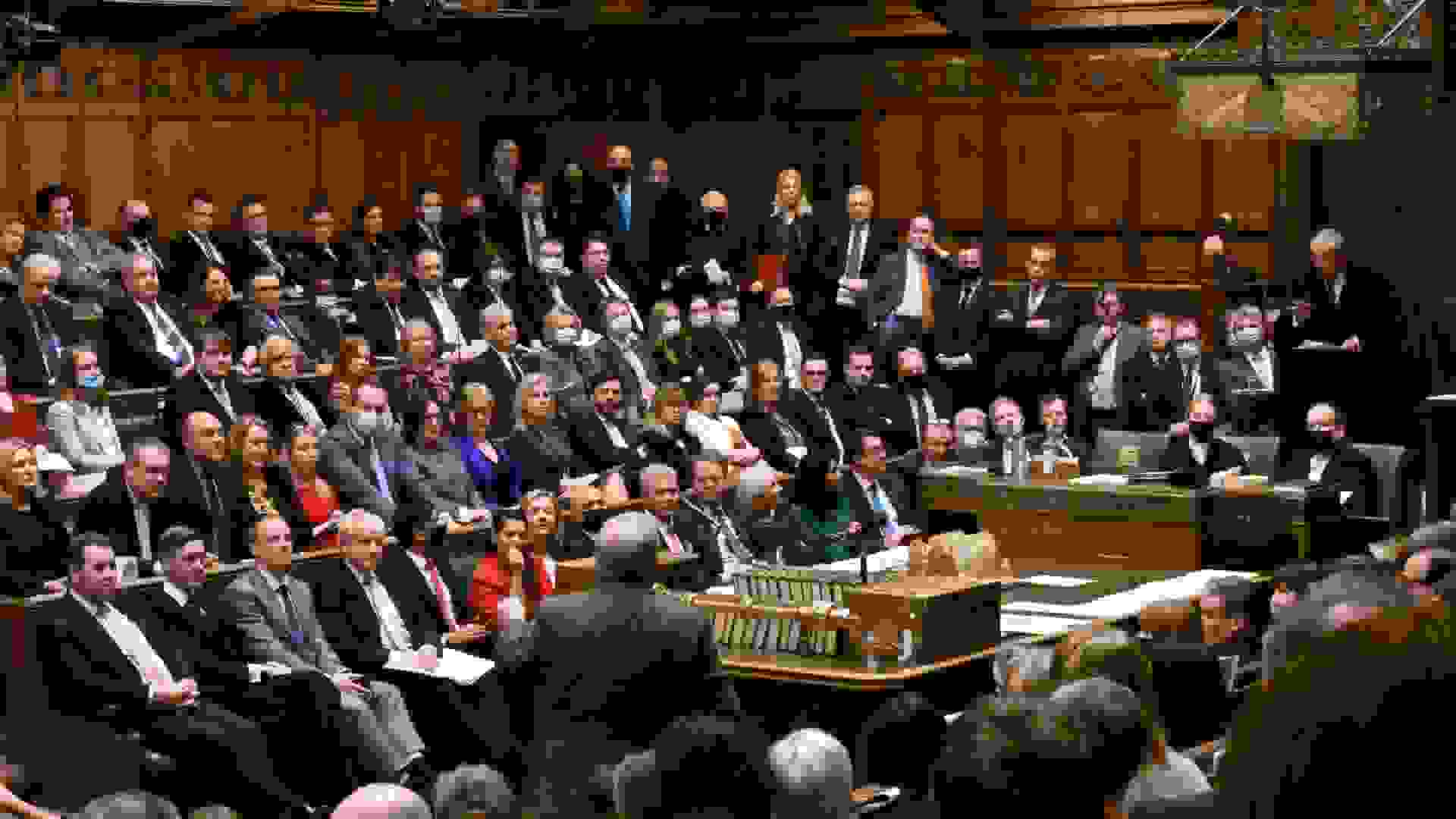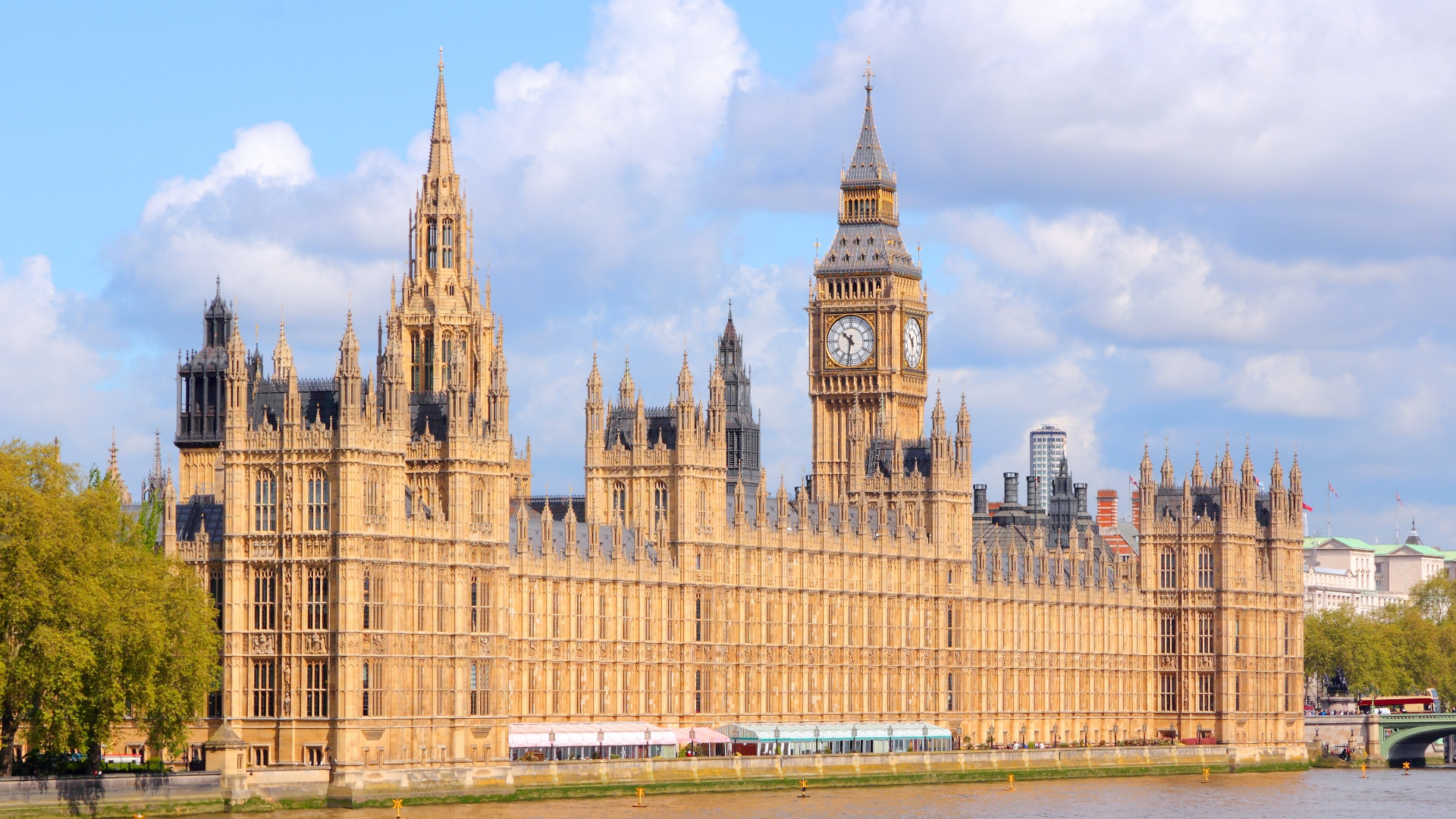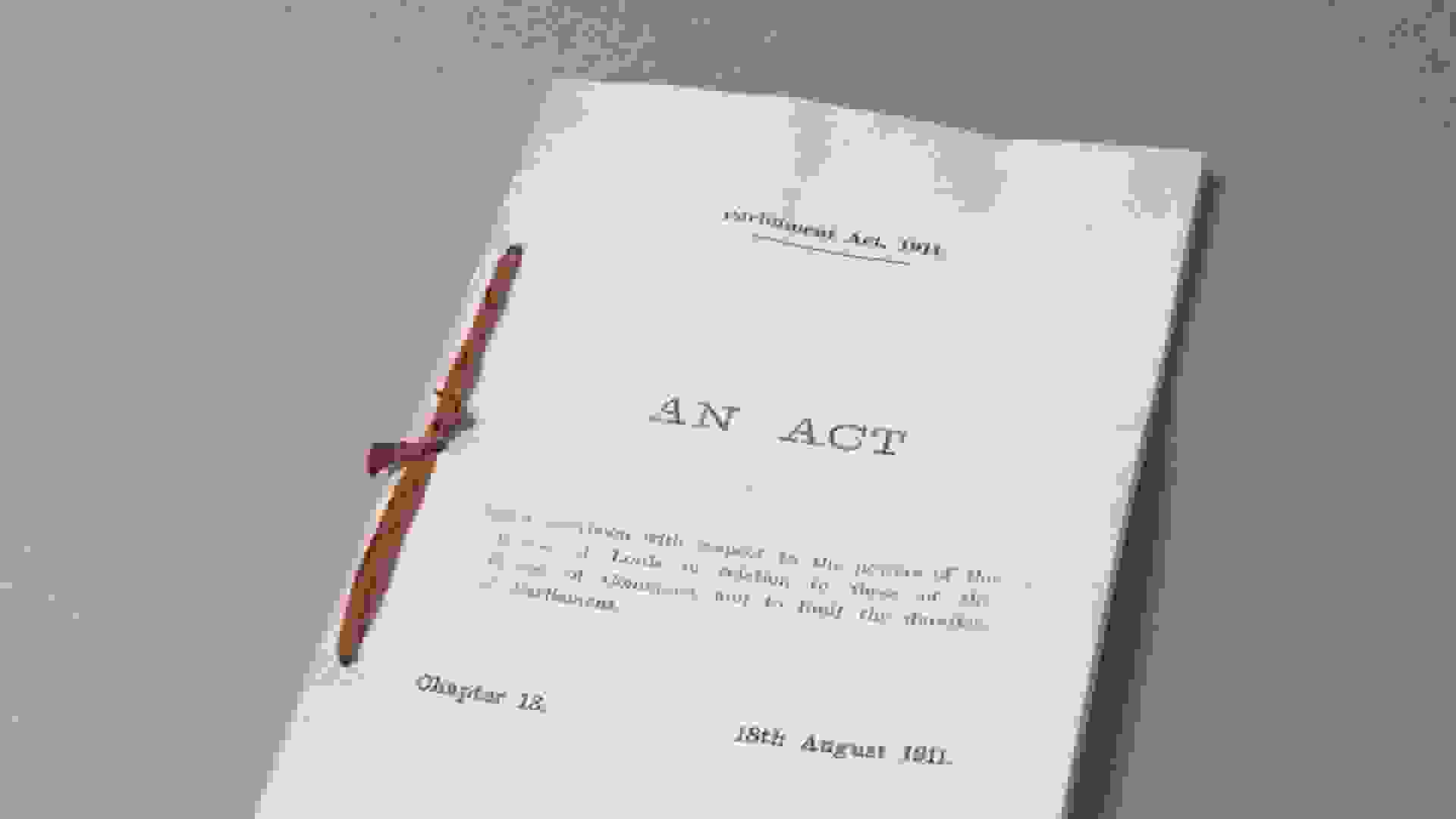Guides / What is the Finance Bill?
The government’s taxation plans, as set out in the Budget, require statutory (or legislative) authority. The Finance Bill provides this. Once the Budget resolutions have been agreed by the House of Commons at the end of the Budget debate, these ‘charging’ or ‘founding’ resolutions form the basis of the Finance Bill.
